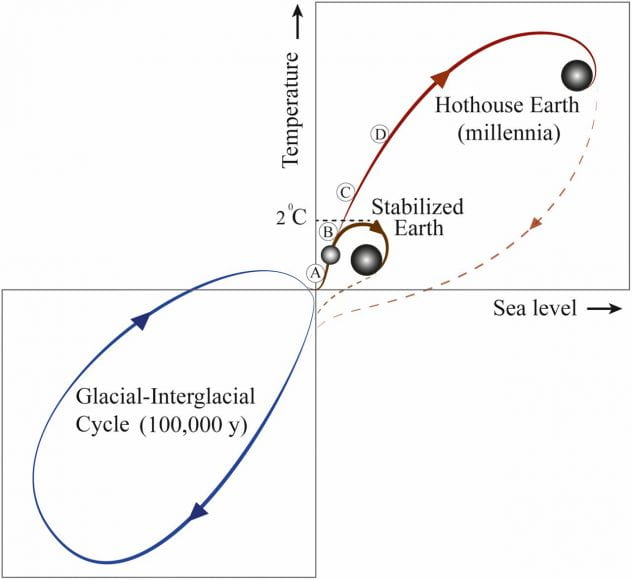The third masterclass was on Human Security: The Concept of Human Security and its Application to Building Peace by Shahrbanou Tadjbakhsh. Through this session, we had to focus on important concepts in international relations and discuss their relevance to the study of contemporary security studies phenomena and peace-building.
The key terms we were focusing on were human security vs national security, liberal peace-building, radicalization, violent extremism, terrorism from the perspective of people, institutions and the state. Through the reading material from this session, we looked at the security of individuals and institutions, more specifically, its definition and parameters, added value to security, development and human rights. We also explored questions such as security of whom, security from what, security by what means and whether the concept of security can legitimize peace-building and state-building.
For this session, I was asked to make a presentation on the Responsibility to Protect (R2P) with my partner Gràcia. I spoke about how the concept of the R2P produced the idea that “State sovereignty as a responsibility” and how it confirmed the belief that sovereignty isn’t just protection from outside interference, but instead, it is a matter of states which have responsibility for their population’s welfare.
This session for me was as relevant as the session on Sustainable Development as I (in the future) can incorporate my learning from this session into what I have learned so far in Global Politics in correlation with the GPC (Global Politics Challenge) Security from all of the previous units done in class. Something that I liked about this session is how within human security it also talks about economic, health and social welfare as well as the crossing of boundaries and the position of the government in the context of human security. Likewise, as in sustainable development, I really feel that given the situation of the world now, human security is one of our top priorities and I would also like to pursue this field of study in the future.



